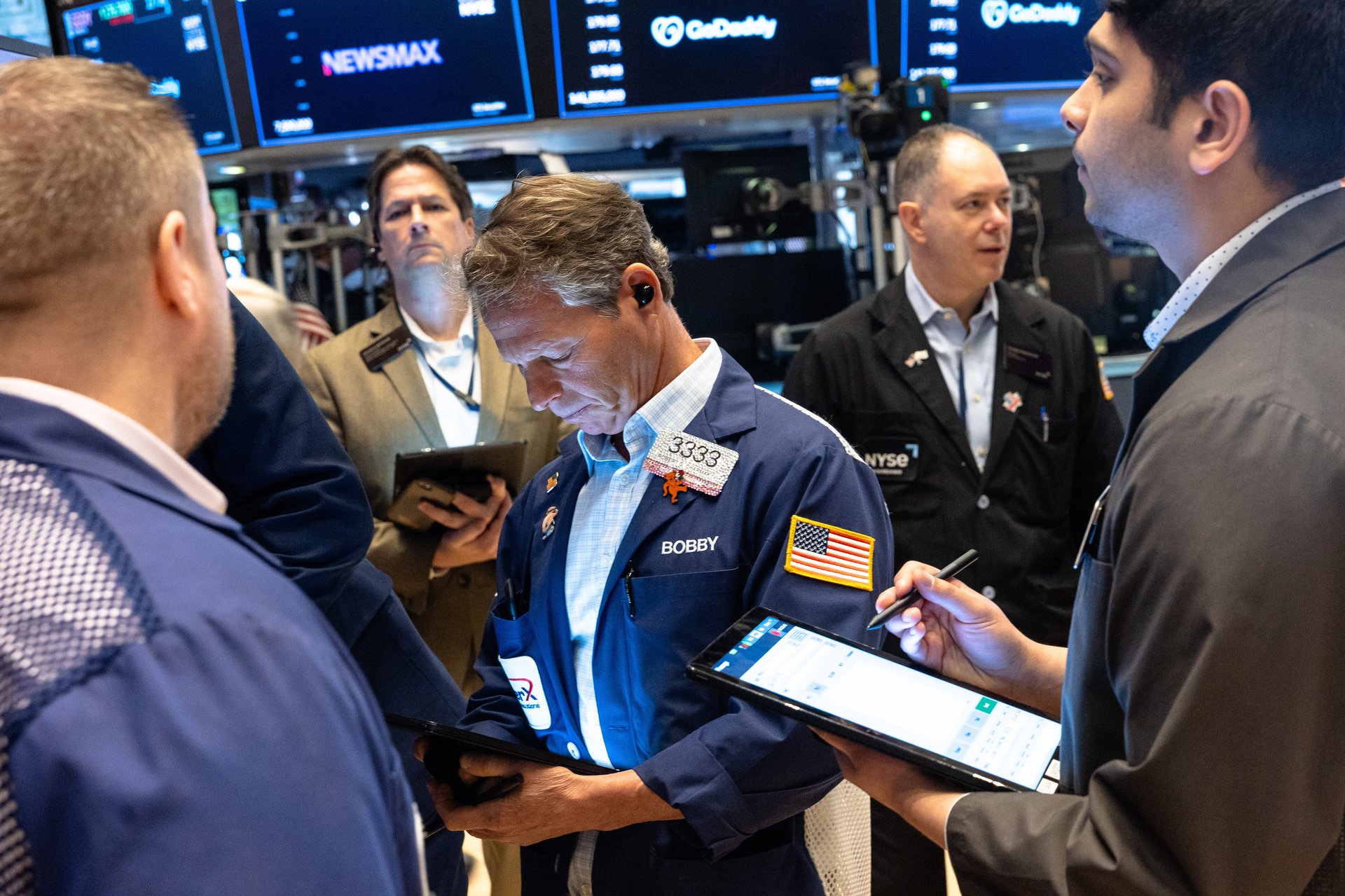The Dow rises 236 points as Wall Street braces for Trump's tariff announcement
Investors are keeping a close eye on Trump’s unveiling of reciprocal tariffs — and what they could mean for the global economy

Happy Liberation Day to those who celebrate. The market appears to have belatedly joined the festivities.
Suggested Reading
The major stock indices briefly slid in the morning before rebounding later in the day and closing higher. The S&P 500 rose 0.9%, the Nasdaq Composite gained 0.9% and the Dow Jones Industrial Average added 236 points or 0.6%.
Related Content
After the market close Wednesday, President Donald Trump is expected to unveil import taxes on almost all U.S. trading partners. The market consensus is “tariffs averaging around 10% announced on roughly 50% of U.S. goods imports,” according to a Citi (C) report. However, The Wall Street Journal (NWSA) has reported that the White House was considering tariffs as high as 20%.
Investors’ reaction will likely depend on the final rates and whether the duties take effect immediately or are delayed, Citi analysts noted. Even at 20%, however, some analysts are downplaying the potential boost to inflation.
“Consumers would substitute towards domestically produced alternatives, and retailers would absorb some of the cost, Pantheon Macroeconomics economists Samuel Tombs and Oliver Allen wrote in a note on Wednesday. “So an extra 20% tariff on all imports probably would lift the core PCE deflator by, say, 1¼%.”
Backlash
Some analysts warned that the tariffs’ unpopularity abroad could have consequences for the U.S. economy.
Melissa Brown, managing director of investment decision research at SimCorp, said in written comments that Trump’s rhetoric and policies may trigger backlash against U.S.-made goods and inbound tourism, ultimately slowing economic growth.
Her concerns align with those of Goldman Sachs economists, who warned earlier that Trump’s trade policies and declining U.S. favorability abroad are leading to boycotts and reduced tourism, potentially dragging down GDP by 0.2% to 0.3%— based on similar downturns during the Iraq War and Trump’s first term.
Should tariffs contribute to an economic slowdown in the U.S., the effects could be global.
“If the U.S. enters a recession because investment stalls under uncertainty and real wages get depressed by tariffs and a weaker labor market, then foreign export-heavy economies would be crushed,” Yardeni Research said in a note to clients.
U.S. growth is holding up so far. Employers added 155,000 jobs in March, more than expected, increasing from an upwardly revised 84,000 in February, the ADP (ADP) survey showed on Wednesday. Factory orders gained 0.6% in February, better than the consensus estimate but slowing from an upwardly revised 1.8% in January.